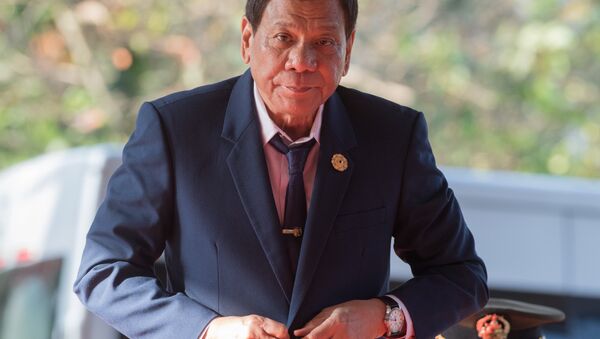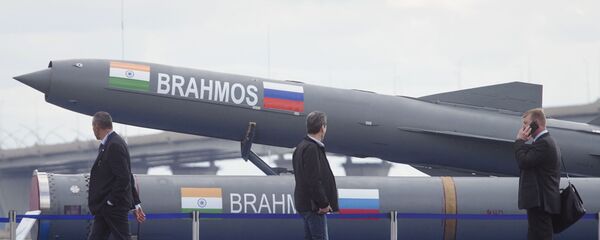On Tuesday, Rodrigo Duterte ordered the government to terminate the Visiting Forces Agreement (VFA) with the United States, instructing Executive Secretary Salvador Medialdea to issue the subsequent notification to Washington.
According to presidential spokesman Salvador Panelo, the notice of termination has now been signed by the Secretary of the Foreign Affairs Teodoro Locsin and sent to Washington, thus scrapping the formal permission for the American military presence and joint exercises in the country. But what did the deal stipulate and what could this development mean for the future of US-Philippine military cooperation?
What Was the VFA?
The VFA was a pact between the Philippines and the United States signed in 1998 following the Philippine Senate’s rejection of the renewal of the Military Bases Agreement in 1991. The VFA came into force in 1999, affirming the two countries’ obligation under a Mutual Defence Treaty, which still remains intact, to defend each other in case of an armed attack by a third party.
The agreement permitted the training of US military personnel in the country, including the Army, Navy, Marine Corps, Air Force, and Coast Guard, while specifying the rules and guidelines surrounding their temporary stationing in the Philippines. It also outlined the conditions of import, export and movement of military equipment, aircraft and supplies to the state concerning activities and joint military exercises stipulated by the VFA.
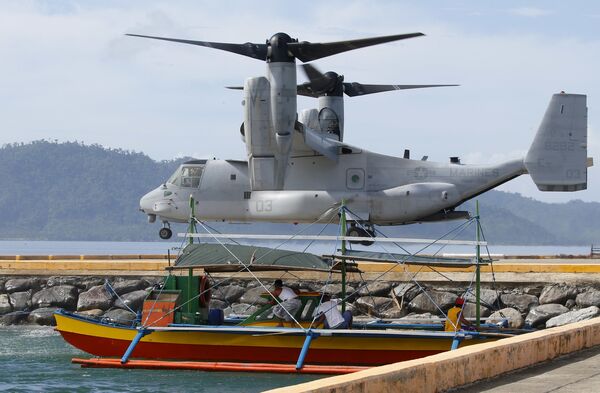
Visiting Forces Agreements are usually similar to Status of Forces Agreements (SOFAs), but with minor differences. SOFAs outline the rules surrounding not only the temporary visit of a foreign nation’s military forces but also their stationing in the host countries. The United States has the largest military outreach in the world and thus has the largest number of SOFAs globally, including pacts with Japan and South Korea. It has maintained its military presence in the Philippines since 1945, following the country’s formal independence.
The US-Philippines agreement will still stay in force for 180 days upon receipt of Manila’s notice, officials say. During this period the two countries can decide whether to keep the current pact or replace it with another agreement.
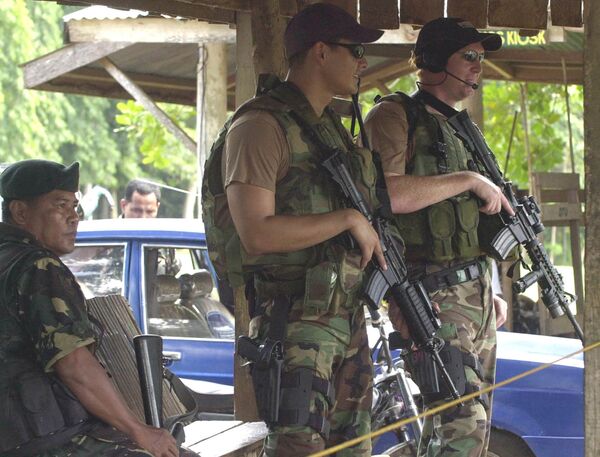
What Will VFA’s Termination Mean?
The end of the VFA was prompted by the cancellation of an American visa for Senator Ronald Fela Rosa, a former national police chief and an important figure in Duterte’s war on drugs that has been criticised by the US on various occasions. The Philippines insisted that the scrapping of the agreement was influenced by what Manila perceived as Washington’s alleged meddling in its domestic affairs.
The pact’s termination would definitely have a huge impact on US-Philippines military cooperation as it would affect hundreds of “engagement and exercises” between the countries, according to US Assistant Secretary of State for Political-Military Affairs Clarke Cooper.
“[T]he United States has about 300 engagements and exercises that we conduct bilaterally with the Philippines”, the official said in a phone briefing on Monday.
Washington does not appear eager to complicate its military presence in this part of the world, as the Philippines remains one of the few places in the Indo-Pacific region where the US has these types of VFA and SOFA agreements.
"With the termination of the PH-US Visiting Forces Agreement, the US will lose its principal hub for maintaining its military forward presence in South East Asia and the South China Sea, as well as for extending its operations beyond", the director of the University of the Philippines Institute for Maritime Affairs and Law of the Sea and the associate professor at the University of the Philippines College of Law, Dr Jay Batongbacal stated.
He also suggested that this development could push "the US security umbrella outward to the Pacific".
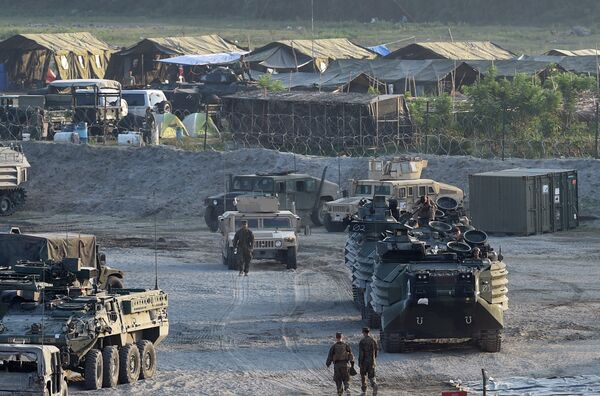
But Manila has also largely benefited from the military cooperation with Washington, Locsin earlier said, as the country has received $550 million in security assistance from the United States over the last four years. It has also received intelligence and training for the country’s military personnel.
Dr Jay Batongbacal believes that following the termination of the agreement, the Philippines "will lose time, opportunities, and resources needed to modernise its own military capabilities", thus setting back the country's process of modernisation.
"Other smaller powers like Japan and Australia will also have to rethink their regional security strategy in the absence of an active Philippine-US alliance that also protected their respective maritime interests. All these create uncertainty for the region", Dr Batongbacal concluded.
Duterte’s move could have more severe consequences for US military cooperation with other states, as it could potentially embolden other nations, such as Vietnam or other Asian states none to too satisfied with American politics to leave existing VFA and SOFA agreements.
However, John Short, a political analyst and professor of Public Policy at the University of Maryland, believes that other countries were "highly unlikely" to mirror the Philippines' move, which, according to him, resulted from Duterte's increased pro-China stance.
The analyst also concluded that Washington was probably hoping that the Philippines "will return to its usual more pro-USA mode" following Duterte's departure. However, accoring to Short, China is now on track to replace the United States "as the dominant economic and military power" in the region.

